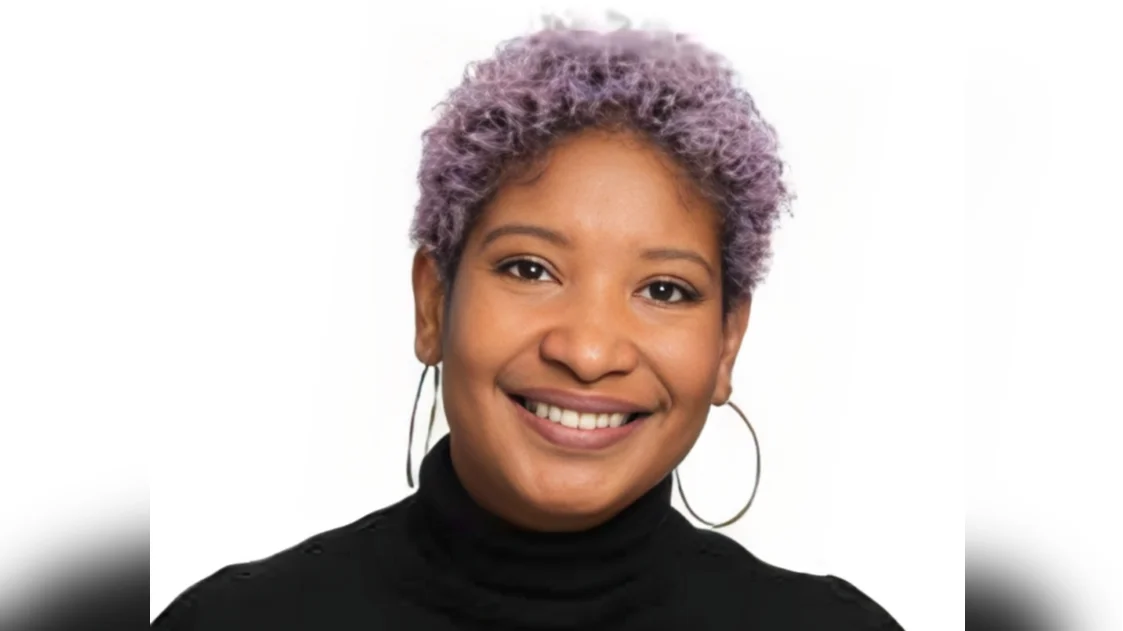
The ACLU of New Jersey has expressed approval for Governor Murphy's recent executive order, which establishes an advisory board to review petitions for pardons and commutations. This initiative aims to expedite the process for individuals who meet specific criteria, including those who committed crimes after being victims of domestic violence, sex trafficking, or other forms of sexual abuse. Additionally, it addresses cases where sentences were impacted by excessive trial penalties.
This executive order aligns with the ACLU-NJ's Clemency Project and represents a significant step toward reducing New Jersey’s incarcerated population while addressing systemic injustices and harsh sentences.
“Clemency is about more than mercy – it can be a tool to end mass incarceration. We built The Clemency Project to ensure we don’t leave any stone unturned in the pursuit of justice. I am grateful to Governor Murphy for embracing categorical clemency as a way to address injustices in the criminal legal system. We look forward to seeing the Governor fully exercise his executive power by pardoning and commuting the sentences of scores of people before the end of his term, demonstrating that New Jersey prioritizes people over punishment,” said ACLU-NJ Executive Director Amol Sinha.
To support this initiative, the ACLU-NJ hired Rebecca Uwakwe as senior staff attorney for decarceration in January 2023. In February 2024, they launched The Clemency Project to encourage Governor Murphy to utilize categorical clemency before his final term ends. As part of this project, ACLU-NJ attorneys have begun submitting petitions for release for survivors of domestic violence.
“Categorical clemency is a powerful tool to mitigate injustice, but it has been historically underutilized in New Jersey. Governor Murphy has broad constitutional authority to grant pardons and commutations, and today’s executive order opens a door to exercising this power on the largest scale in New Jersey’s recent history. This is an important step in redressing some of the systemic harms of the criminal legal system. We’re eager to continue submitting petitions for categorical release, and we thank Governor Murphy for taking this important step toward a fairer, more just New Jersey,” said ACLU-NJ Legal Director Jeanne LoCicero.
The ACLU-NJ has long worked towards reducing the state’s incarcerated population through courtroom victories and legislative efforts that have contributed to a historic reduction in New Jersey’s prison population by more than 50 percent since 2011. They advocate for a holistic approach to decarceration that includes destigmatizing convictions and addressing racial disparities within the state's prison system.
“Clemency is a lifeline for the people we have met with. The Clemency Project is a focused effort to mitigate injustice and address the harms of mass incarceration – and it may be the last opportunity for people to come home to their families and communities. In a state with the nation’s highest racial disparities among its incarcerated population, ensuring New Jersey leverages every tool it has available to release people from prison is fundamental to racial justice,” said ACLU-NJ Senior Staff Attorney Rebecca Uwakwe.
Since 1994, only 105 individuals have been granted clemency in New Jersey prior to this executive order. The use of categorical clemency as an essential check on unjust sentences should become standard practice rather than an exception.
“Long sentences and harsh punishment don't deliver safety or real accountability to survivors of crime. A more effective response is supporting survivors with necessary services while facilitating repair among those who commit harm so they can safely reintegrate into society,” said Marta Nelson, Director of Sentencing Reform at Vera Institute of Justice.
"NACDL commends Governor Murphy for his bold leadership in issuing an Executive Order that supports categorical clemency," stated Lisa Monet Wayne, Executive Director of National Association of Criminal Defense Lawyers (NACDL). "By recognizing and addressing coercive plea bargaining's severe impact along with extreme trial penalties, he upholds fairness principles."